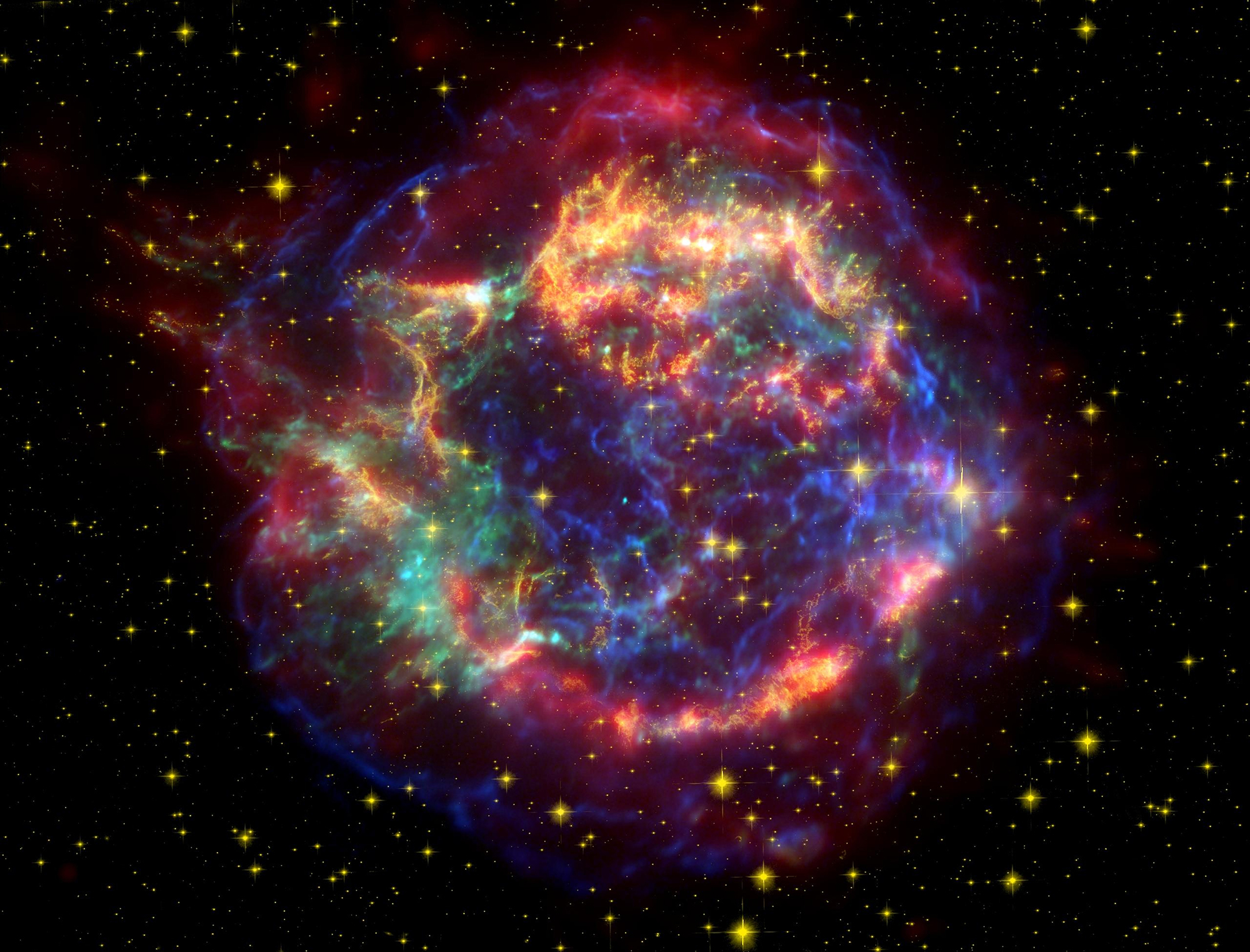Latest News
Leading the world in interdisciplinary research
We have been ranked third in the UK for interdisciplinary science research.
New £5m research centre to support North East England’s growing space industry
We’ve launched a new £5m research centre to support North East England’s growing space industry and lead on the sustainable exploration of the cosmos.
Durham researchers are among the most cited in the world
Four Durham Physics researchers have been named on a prestigious list for their world-leading research.
Professors Carlos Frenk, Adrian Jenkins, Tom Theuns and the late Richard Bower from our Institute for Computational Cosmology have all been recognised in Clarivate’s Highly Cited Researchers list for 2024.
New £5m research centre to support North East England’s growing space industry
A new £5m research centre to support North East England’s growing space industry and lead on the sustainable exploration of the cosmos has been launched, led by Prof. James Osborn of Durham University's Physics Department, a UKRI Future Leaders Fellow and associate professor within CfAI. The Durham University Space Research Centre (SPARC) draws upon our considerable and world-renowned expertise in space technology and research.
Many physicists argue the universe is fine-tuned for life – our findings question this idea
Post Doctoral Research Associate, Dr Daniele Sorini, from our Institute for Computational Cosmology, discusses new research which suggests our Universe may not be especially tailored for intelligent life after all.
New cosmic map supports Einstein’s prediction about gravity
Albert Einstein’s transformational prediction about how gravity behaves has been backed by an international team of researchers who studied how the force acts on cosmic scales.
Supercomputer simulations offer new explanation for the formation of Mars’ moons
Scientists from NASA and our Department of Physics have used supercomputer simulations to reveal that Mars’ moons may have been formed from destroyed asteroid fragments.
New model could calculate probability of intelligent life in our Universe and beyond
A team of astrophysicists, led by our Institute for Computational Cosmology, have developed a new model that could estimate how likely it is for intelligent life to emerge in our Universe and beyond.
Durham University to host the National Astronomy Meeting 2025
Leading scientists from the UK and around world will meet at Durham University next summer to present the latest in cutting-edge space research.
A new generation of telescopes will probe the ‘unknown unknowns’ that could transform our knowledge of the universe
Professor Richard Massey, from our Department of Physics, explores the potential of a new generation of telescopes.
Euclid reveals first images of its great map of the Universe
An international team of scientists, including those from our Department of Physics, are involved in a major space mission that has released five unprecedented new images of the Universe.
Winners of 2024 Physics Award for Excellence Announced
Congratulations to the winners of The 2024 Physics Award for Excellence this year’s winners are -


/prod01/prodbucket01/media/durham-university/departments-/physics/teaching-labs/VT2A9034-1998X733.jpeg)

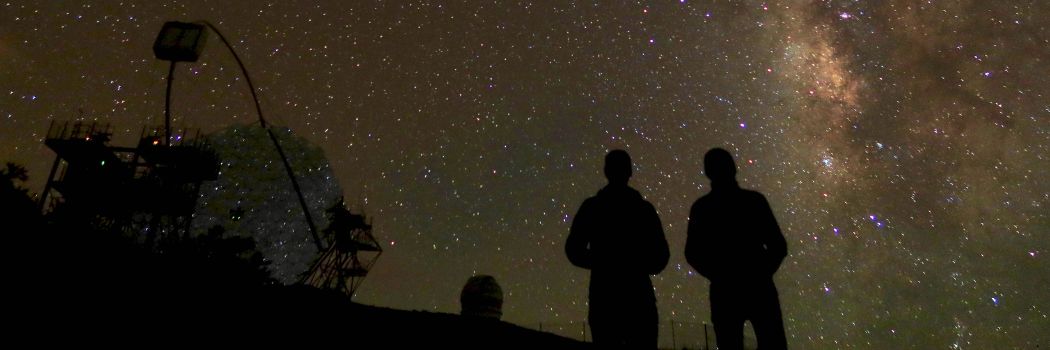

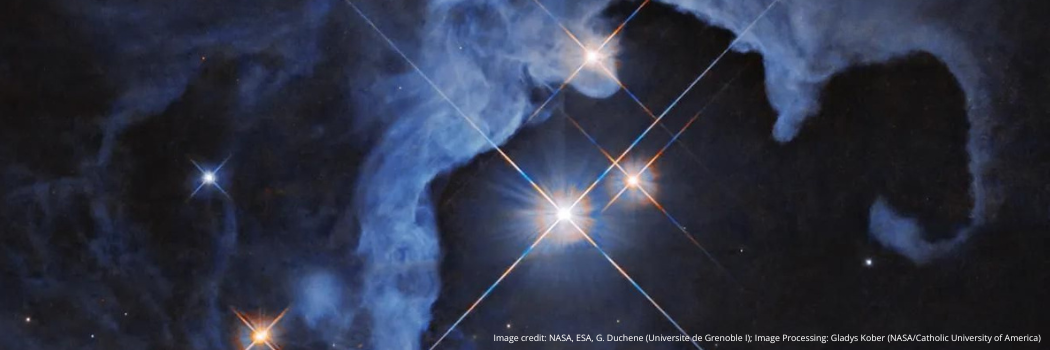
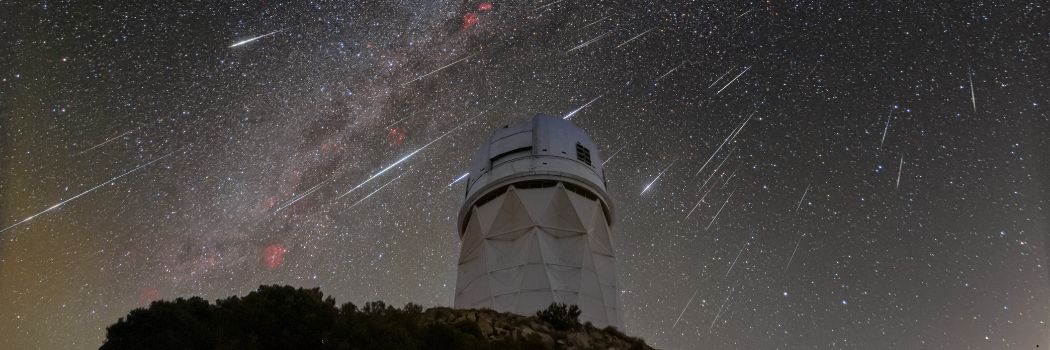
.png)
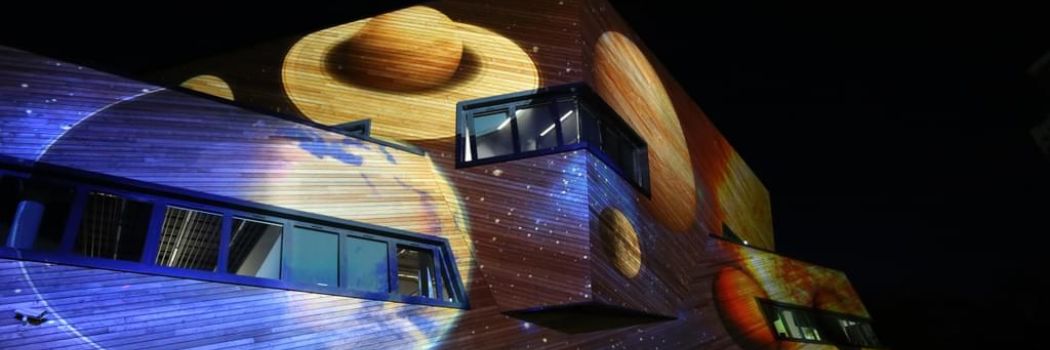
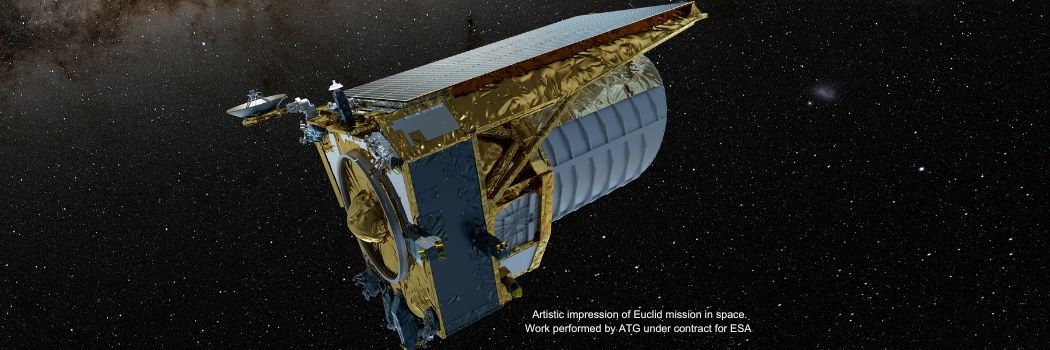
.png)

